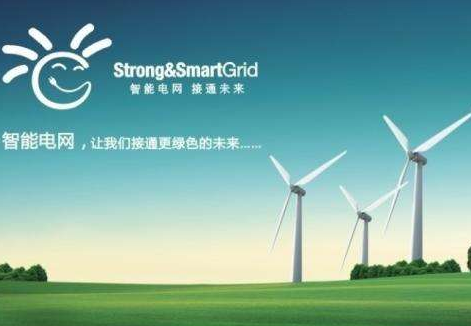Zheshang Securities believes that the National Development and Reform Commission and the Energy Bureau issued the most practical guidance of the basic rules for the medium- and long-term trading of electricity (provisional) (in short) in early 2017, which provides guidelines for conducting electricity trading nationwide. . According to the rules and guidelines, we believe that China's electricity reform will have the following three major trends :
First of all, there are no special access conditions for power generation companies, and “green electricity sales†has broad prospects .
The requirements for access to power generation enterprises in the rules are mainly two points: First, legal, that is, obtaining approval and filing documents according to law, obtaining power business licenses (power generation); second, in line with national industrial policies, the national environmental protection facilities are normal. It is put into operation and meets the requirements of environmental protection standards. It is worth mentioning that the rules do not require detailed requirements for generator type and installed capacity. Therefore, in principle, all types of power sources can participate in medium- and long-term power transactions. Combined with China's grand strategy to support the development of clean energy, we expect that the participation of clean energy in the field of electricity sales will become more active in the future. Combining the practical experience of pioneers in the marketization of electricity sales in Germany and the United States, “green electricity sales†is promising.

Secondly, participating users will enter the market with full power, and the scale of direct power trading is expected to continue to increase.
The rules stipulate that power users participate in the electricity market transactions on a voluntary basis, but they must enter the market after entering the market transaction, and must not arbitrarily withdraw and cancel the catalogue price. Power users who meet the entry requirements but do not choose to participate in direct transactions can purchase electricity from the power sales companies (including the guaranteed power supply companies). In 2017, the direct purchase of electricity in Guangdong totaled 110.845 billion kWh, equivalent to 20% of the province's total social electricity consumption in 2016. The scale of direct purchases is still limited. With reference to Guangdong experience, if users can choose medium- and long-term transactions in the electricity market in accordance with the conditions for entry, the scale of power trading is expected to continue to increase, and the limit situation is expected to reach 80% of the total electricity consumption of the whole society.
Finally, power generation companies can transfer costs within a certain range through “limit price liberalization + full power tradingâ€.
The rules stipulate that bilateral negotiated transactions are not subject to price limit in principle, while centralized bidding transactions are designed to avoid market manipulation and vicious competition, and set upper and lower limits on quotation or settlement prices. We believe that this regulation has certain practical significance in the current context of the rise in coal prices leading to the cost increase of power generation enterprises. The elimination of price limits and the granting of certain price increases will effectively alleviate the cost pressure of power generation enterprises. The user's full power trading, as well as the elimination of the catalogue price, also limits the way in which electricity is purchased from the grid through the catalogue price, providing a certain operability for the power generation enterprise to transfer costs.
Ningbo Autrends International Trade Co.,Ltd. , https://www.supervapebar.com